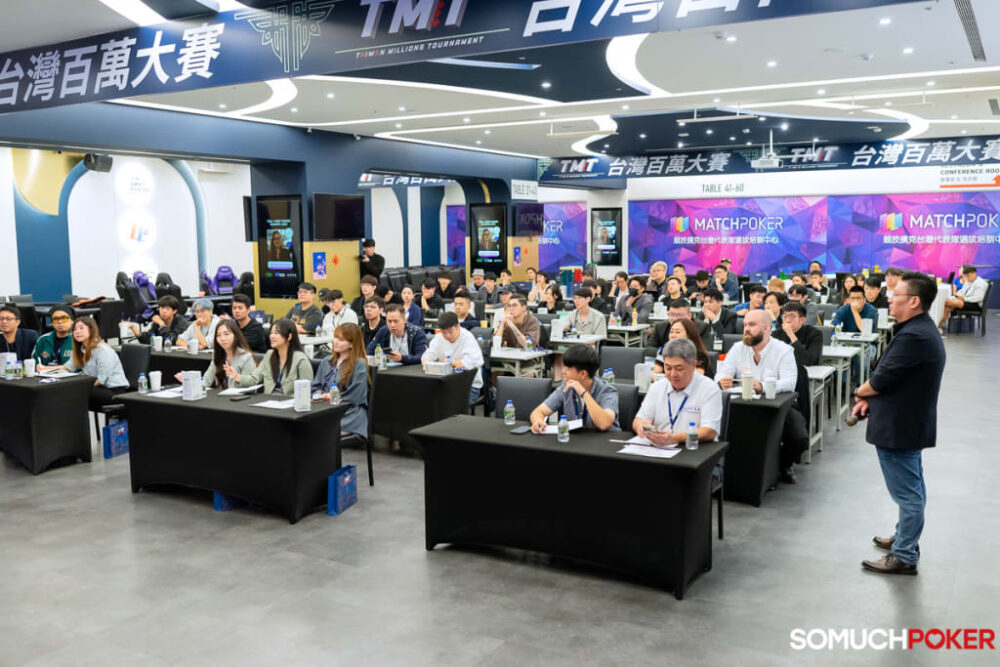
Beyond broad strategy, the TDA Asia Summit zoomed in on the day-to-day rulings that define tournaments across the region. From late registration policies to ambiguous betting, directors exchanged honest takes on what works, what doesn’t, and what needs clearer standards.
Chief among them were policies on late registration and re-entry, particularly the practice around increasing rebuys and allowing players to enter with fewer than 20–25 big blinds. Seating late registrants only after the button passes also drew differing views, reflecting the balance between rule enforcement and player-friendly service. Excessive table talk was highlighted as a disruptive force, while the potential adoption of shot clocks and proper handling of time banks sparked conversation about cultural fit and consistency. Ambiguous betting actions such as the “all-in minus one chip” move, were repeatedly flagged, along with unclear rulings around acting after time expires or when verbal and physical actions don’t align.
Discussions extended into floor mechanics, covering everything from how the button is drawn to level changes during dealer rotations and optimal practices for breaking tables. The speakers also raised concerns over electronic devices in-game, reading tabled-hands, and permissable languages across tables. Broader topics like enforcing penalties that could lead to elimination, managing non-standard or marked cards, and even bounty event logistics, were also revisited.

Across all these touchpoints, the conversation consistently returned to the importance of empowered floor staff, thoughtful training, and culturally aware judgment, elements considered crucial to building trust and maintaining fairness in Asia’s fast-growing poker community.
Throughout it all, one theme was clear: even the best rules fall short without strong floor staff to enforce them. Training, communication, and discretion were emphasized as essential. The panel spoke of efficient dealer training, ensuring floor calls are consistent, and maintaining a player-friendly atmosphere without compromising control. In a region where direct confrontation is often avoided, good judgment and cultural awareness matter just as much as technical know-how.
